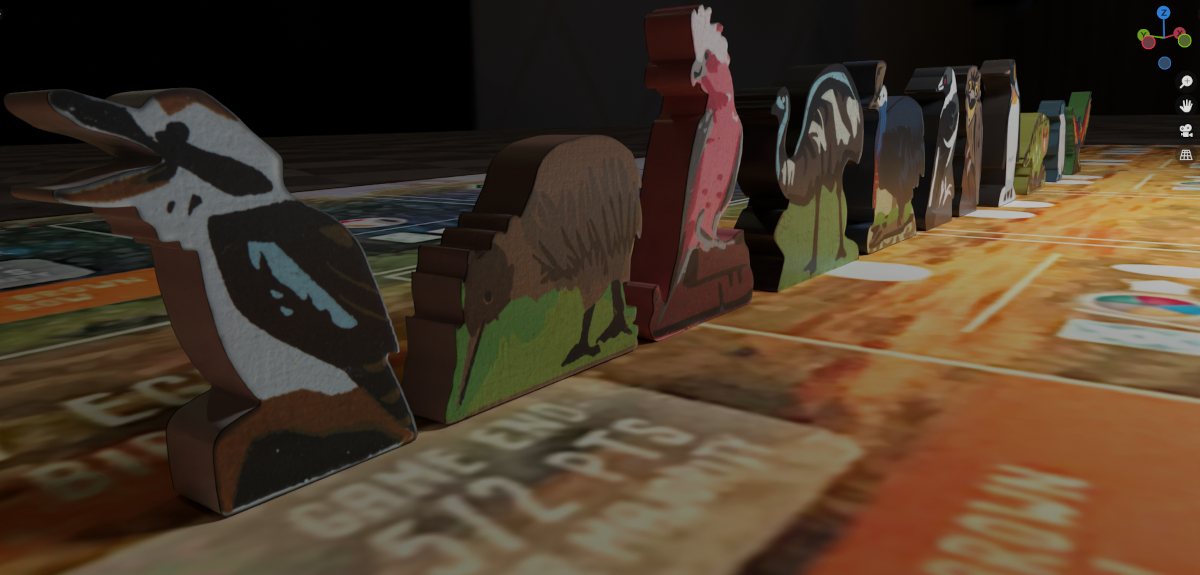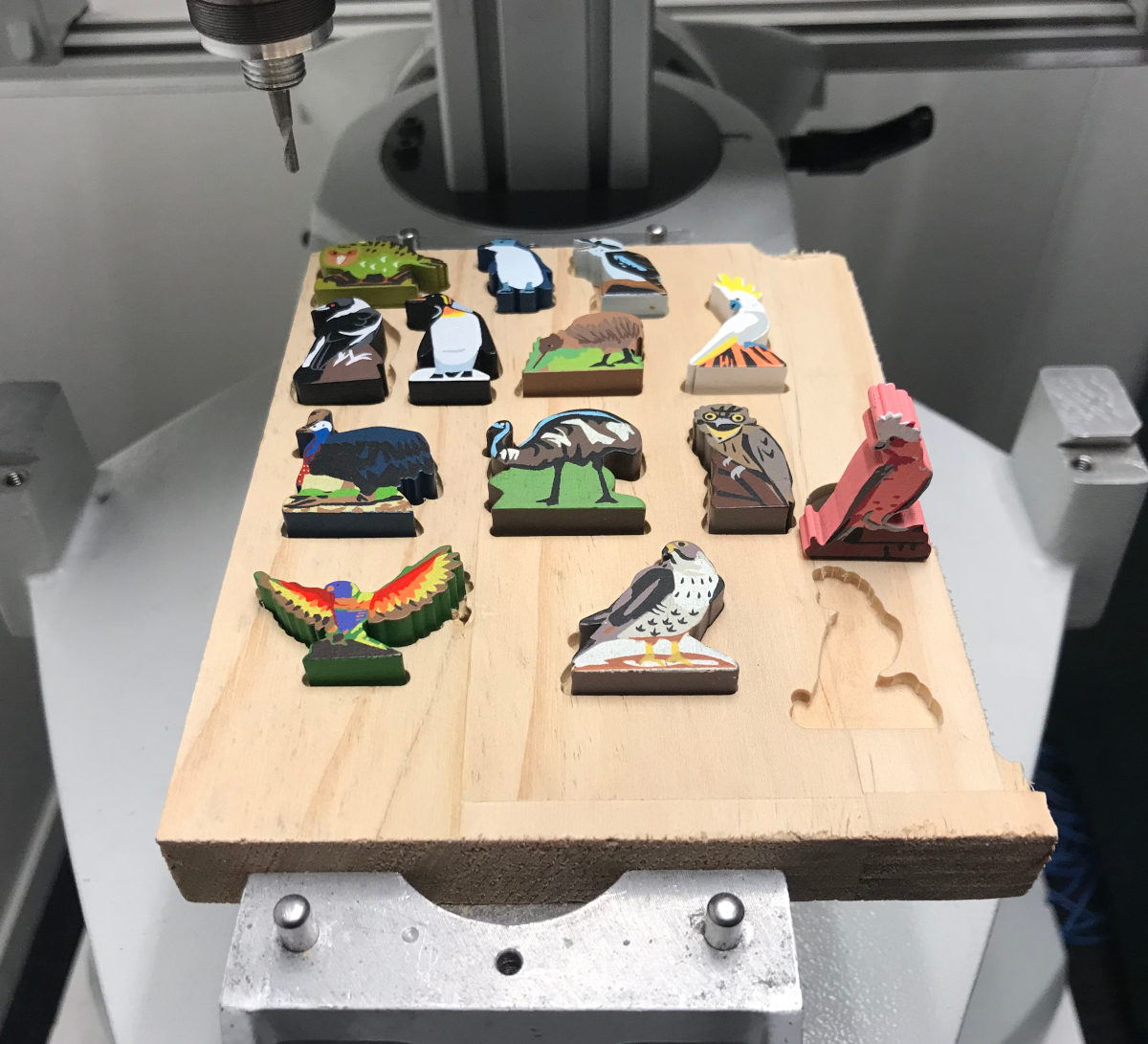Date
7pm, Wednesday, 8 November 2023
For the last meeting of the year with technical presentations, we’re trying something a little different: lightning talks, shorter talks of up to 10 minutes each in length, focussing on some detail of a technical topic. We have the following speakers and topics scheduled, probably in this order:
* Nick Skarott: ::dead:beef:cafe: How far will pure IPv6 get you over the Internet?
* Brendon Green: Qubes OS
* Josh Sunnex: Headless Steam in Docker [code, Docker image]
* Stephen Worthington: SATA hotplug problems (low-power-mode)
* William Bell: Infrastructure as code
* Tom Ryder: yt-dlp and gallery-dl [slides (application/pdf, 360 KiB)]
* Giovanni Moretti: Nostr: Truly distributed Notes and Other Stuff via Relays [slides (application/pdf, 753 KiB)]
Please note these may change before the night, in which case we’ll endeavor to update them here. Also, if you’re not on the list and would like to speak about a FOSS-related topic, it’s not too late—please reach out to Tom Ryder at secretary@plug.org.nz.
Let’s see how well this goes—PLUG members are a friendly and engaged audience, and precedent suggests we just enjoy meeting up anyway, even if the organisers or technical presentations have problems coming together. If it works, your humble secretary would like to see it become an annual event.
Note that it’s likely that we’ll meet in December, but we don’t usually book talks for December meetings. Instead, this will be a more social gathering, possibly even outside in nice weather (!). Details will be posted here as usual. Technical talks should resume in February 2024.
Venue
Milson Community Centre
Cost
$2 gold coin donation
Coffee and biscuits will be provided, but please feel free to bring along your own snacks and drinks.
Agenda (rough)
- 7:00pm: Welcome (Tom Ryder)
- 7:10pm: Lightning talks begin
- 7:50pm: Tea and coffee break
- 8:10pm: General business (Nick Skarott)
- 8:20pm: Resume lightning talks
- 9:00pm: Doors close



